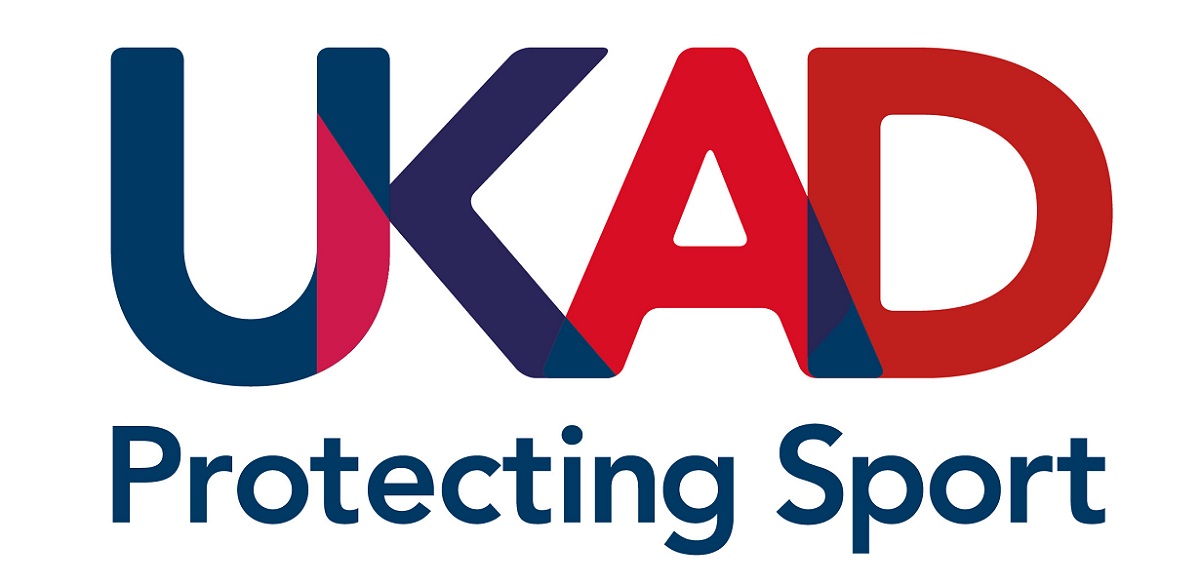UKAD maintains its high quarterly anti-doping testing numbers
UK Anti-Doping (UKAD) has released its testing report for April to June 2022 (quarter one of 2022/23).
UKAD’s testing team delivers an ongoing risk-based and intelligence led testing programme. The purpose being to detect and remove cheats from sport, whilst also deterring other athletes from using performance enhancing drugs. Athletes can be selected to complete a urine and/ or blood test anytime, anywhere, both in- and out-of-competition. These tests are conducted by over 180 highly experienced Doping Control Personnel located across the UK.
UKAD collates as much information as possible to determine which athletes should be tested, when they should be tested and where. This can come from anonymous reports made via its Protect Your Sport initiative, an athlete’s test history, upcoming competitions, what prohibited substances are more commonly used within a particular sport and discipline and when, as well as many other factors. Identifying the risk factors related to specific sports and athletes enables UKAD to deliver an effective and efficient testing programme.
The testing report, which UKAD publishes quarterly, shows that 2,076 tests were conducted with UK athletes during quarter one. In the previous quarter (January to March) 2,541 tests were conducted.
UKAD has continued to focus on delivering a significant and consistent number of tests throughout 2022, which it considers vital during a big year for sport in the UK, with events such as the UEFA Women’s Euros, the Birmingham Commonwealth Games and the Rugby League World Cup taking place.
The report shows that the most tested sports over the last quarter were football, athletics, cricket, swimming and rugby league.
UKAD Deputy Director of Operations (Testing), Hamish Coffey, said: “With it being a huge year for sport in the UK it’s been vital that we continue to deliver a robust testing programme to give the public confidence in clean sport. It’s thanks to our hard-working Doping Control Personnel across the UK that we’ve been able to keep delivering a consistently large number of tests, which we hope to keep building on throughout 2022/23.”
To read the full report click here.



